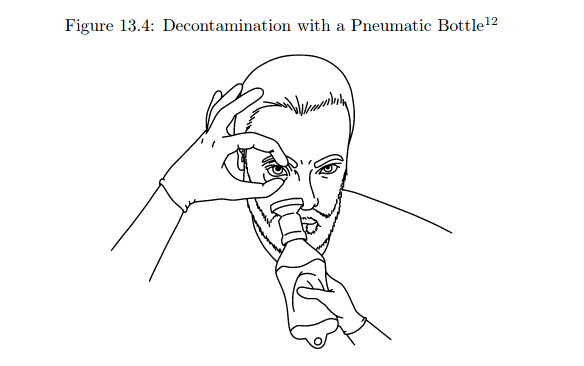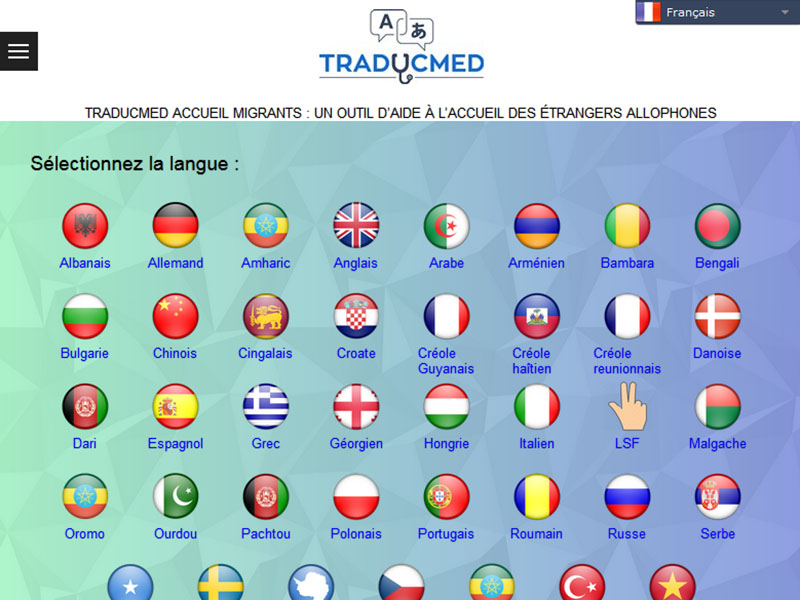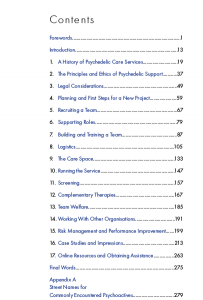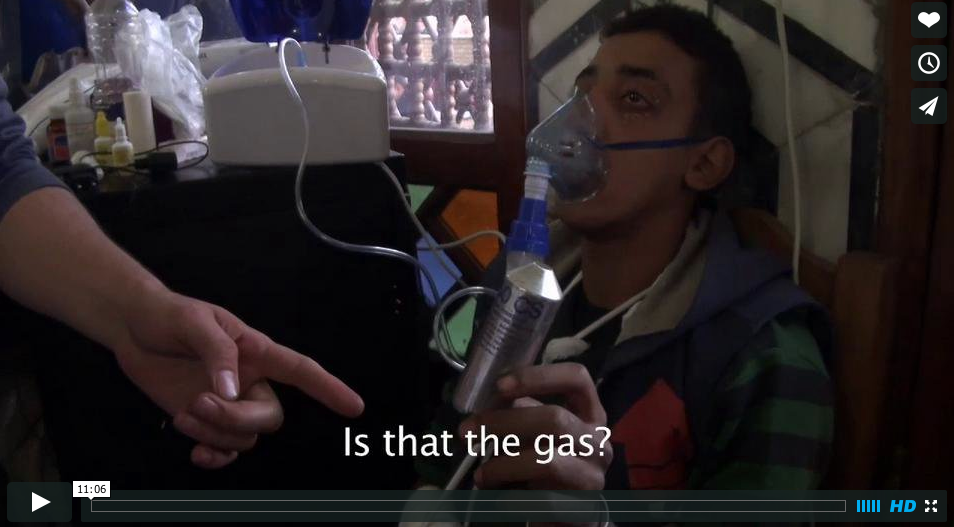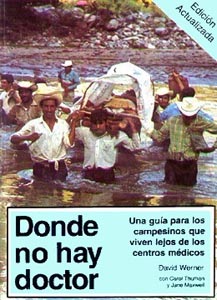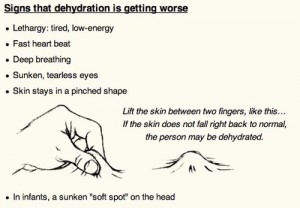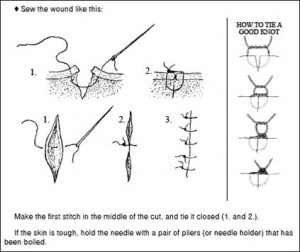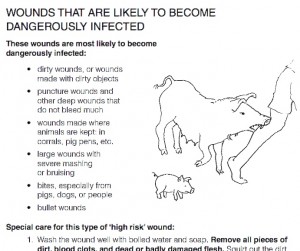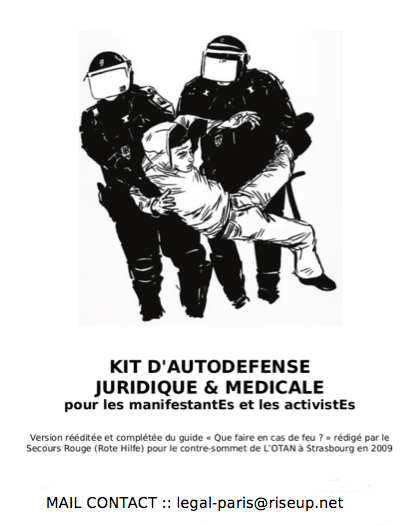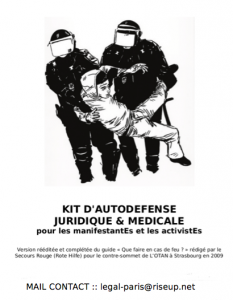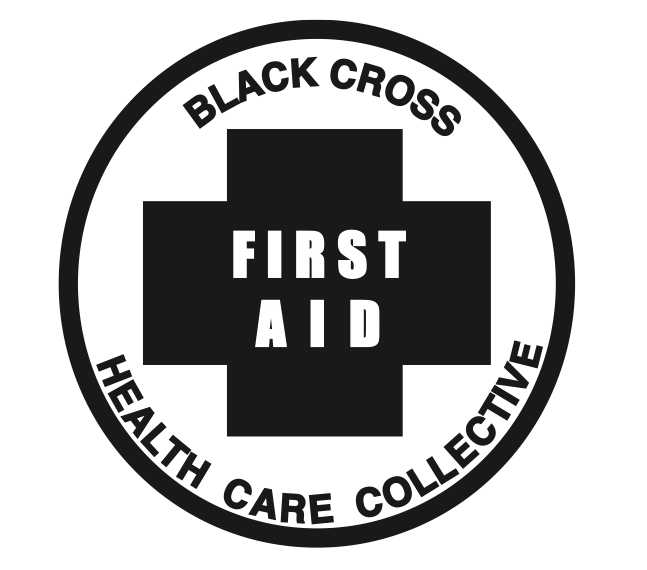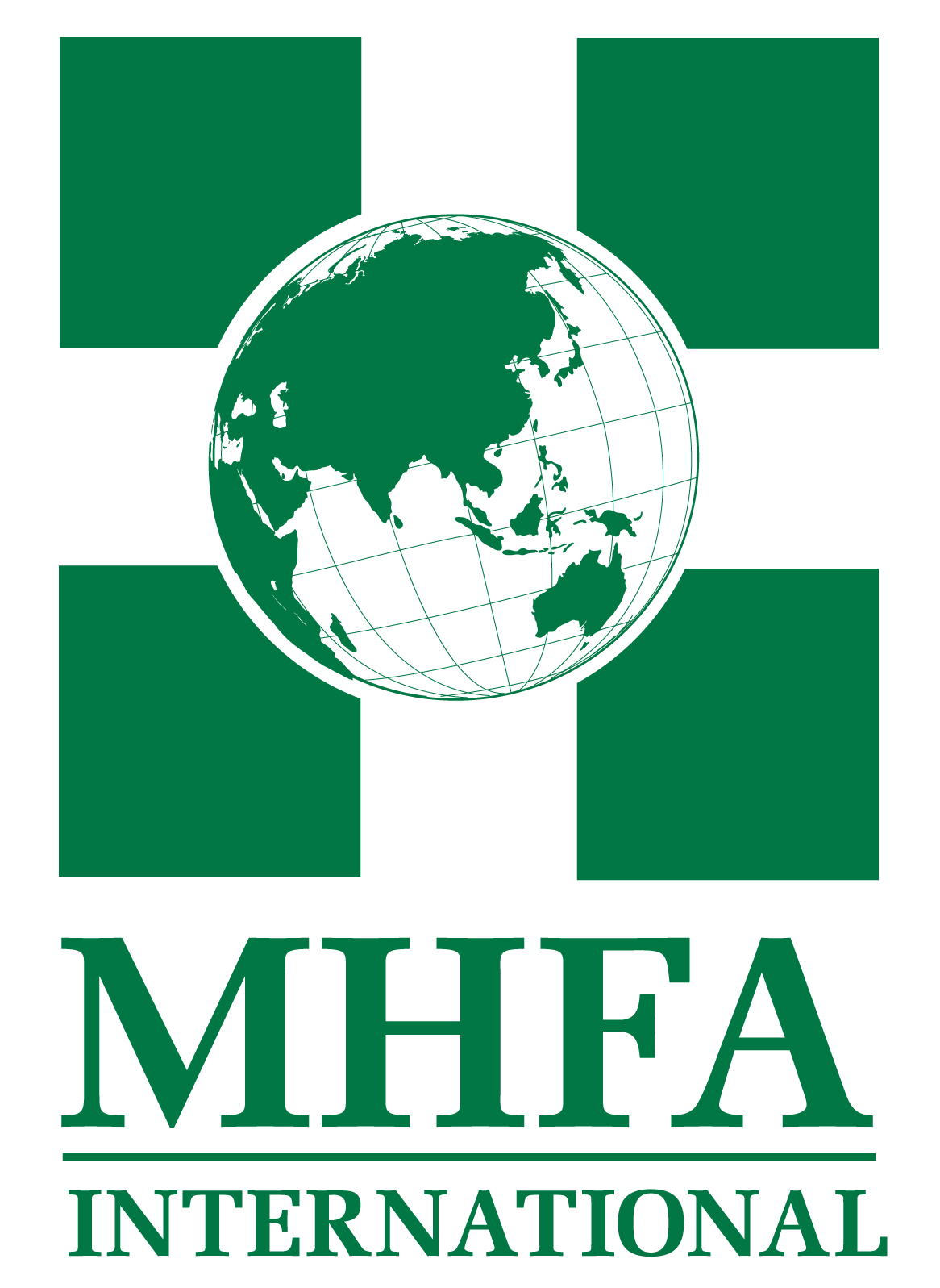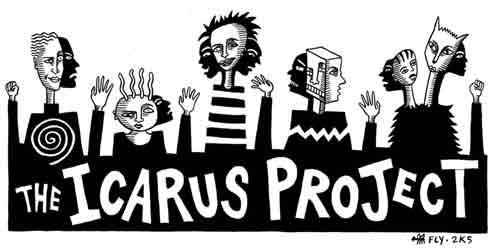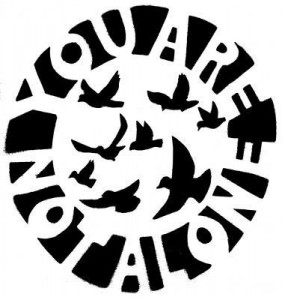
The Icarus Project is a “radical mental health support network, online community, and alternative media project by and for people struggling with extreme emotional distress that often gets labeled as mental illness.” You can read their mission statement, here. Principles like access, transparency, looking beyond the medical, self and/or alternative education, all guide a relaxed yet resolute, diffracting yet convergent, initiative for the well-being of extra-ordinary people. Browsing through their pages you’ll find they provide a lot of resources (articles, forums, etc.) to help one “navigate the space between brilliance and madness”. It will speak to whoever is confronted to “madness” at some point in their life, one way or another, in a world that is constantly LOSING IT in many aspects.
Taking care of oneself or helping someone in a psychological crisis can be tricky. Not everybody is experienced or comfortable in dealing with different, awkward, or extreme states of consciousness. As a matter of fact, many people it seems become clueless when confronted to psychological distress, even their own… Some psychological states are indeed impressive, and some can actually threaten a person’s mental and physical integrity. But with appropriate reactions (often rather simple ones, like keeping the voice down or introducing oneself), informed attention, kindness and clear intentions, a little help can go a long way in supporting recovery or preventing harm. Even better is the care we can provide as a group, attentive, resilient, aware and creative, because it will be more sustainable, and so the recovery or at least the safety of the person will stand more chances too in the long term.
So how to take care of oneself when the mind is troubled ? How to take care of friends, of strangers, of friends who suddenly become strangers ? Breaking the taboo around “madness” in one’s community can be a good start, making a safe space, becoming a bit more literate in psychology / caregiving, aware and confident… By not being afraid to do good ?
Following is a small selection of handouts, information sheets, guides and zines I found on Icarus website relative to psychological care. They are all interesting to read, print, post, share. They can give you insight and clues and confidence. All Icarus Project material is licensed under Creative Commons BY-NC-ND.
* NAVIGATING CRISIS handout
“Someone’s personality starts to make strange changes, they’re not sleeping or sleeping all day, they lose touch with the people around them, they disappear into their room for days, they have wild energy and outlandish plans, they start to dwell on suicide and hopelessness, they stop eating or taking care of themselves, or they start taking risks and being reckless. They become a different person. They’re in crisis. The word “crisis” comes from a root meaning “judgment.” A crisis is a moment of great tension and meeting the unknown. It’s a turning point when things can’t go on the way they have, and the situation isn’t going to hold. Could crisis be an opportunity for breakthrough, not just breakdown? Can we learn about each other and ourselves as a community through crisis? Can we see crisis as an opportunity to judge a situation and ourselves carefully, not just react with panic and confusion or turn things over to the authorities? “
* CRISIS PLANNER pdf
“Noticing and responding to symptoms early reduces the chances that you will find yourself in crisis. But it is important to confront the possibility of a crisis because in spite of your best planning and assertive action in your own behalf, you could find yourself in a situation where others will need to take over responsibility for your care. (…) Writing a clear crisis plan when you are well, to instruct others about how to care for you when you are not well keeps you taking responsibility for your own care.”
* HELP GETTING TO SLEEP information sheet
“Not sleeping for long periods of time is extremely dangerous for physical and emotional
* FIRST AID FOR EMOTIONAL TRAUMA information sheet
“Trauma (or post-traumatic stress disorder) is the emotional “shock” after a life-threatening, violent event. Anything that makes our body panic and go into a fight/flight/freeze response can leave us traumatized. The effects may be immediate or take time to surface, and can be felt for the rest of our lives. “
* HURTING YOURSELF zine
“how to take care of yourself when you feel the urge to hurt yourself ”
* HARM REDUCTION GUIDE TO COMING OFF PSYCHIATRIC DRUGS
Excerpt : “Applying harm reduction philosophy to mental health is a new but growing approach. It means not always trying to eliminate “symptoms” or discontinue all medications. It recognizes that people are already taking psychiatric drugs, already trying to come off them, and already living with symptoms — and that in this complicated reality people need true help, not judgment. It encourages balancing the different risks involved: the harm from extreme states, as well as the harm from treatments such as adverse drug effects, disempowering labels, and traumatic hospitalization.
Making harm reduction decisions means looking honestly at all sides of the equation: how drugs might help a life that feels out of control, how risky those same drugs might be, and the role of options and alternatives. Any decisions become a process of experimentation and learning, including learning from your own mistakes and changing your goals along the way. Harm reduction accepts all this, believing that the essence of any healthy life is the capacity to be empowered.”
